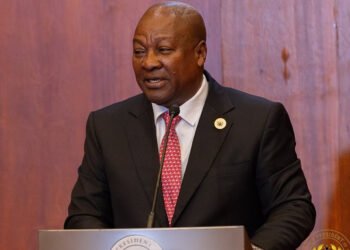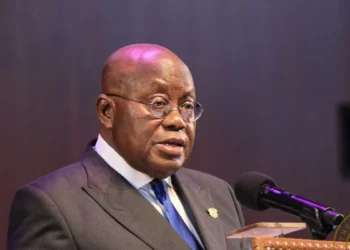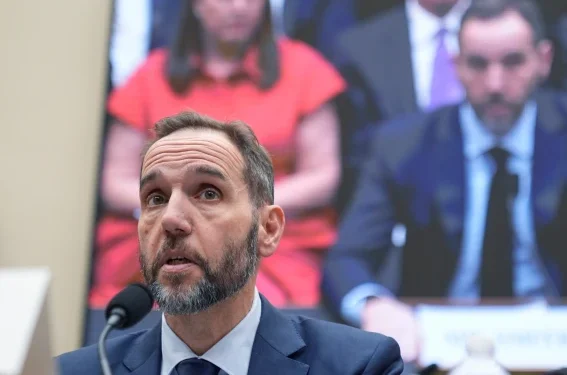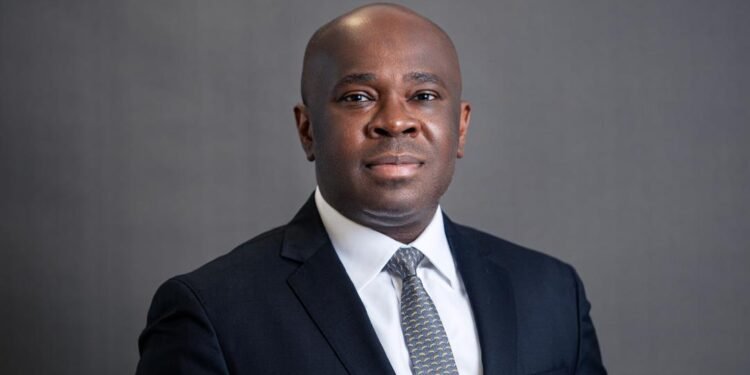Members of nine labor unions in Ghana have threatened to go on strike by Tuesday, April 30, 2024, due to the government’s failure to transfer their pension arrears to their fund managers.
The Chairman of The Forum, Isaac Bampoe Addo, addressing the press said the government has refused to respond to their concerns, hence their decision to strike.
“The Forum met and raised issues that we wanted to be addressed by the Minister of Finance. We wanted among others, the transfer of past credit by SSNIT to the public sector pension scheme… The Minister has not acknowledged our letter so we shall proceed with our strike. So, from here, we are going to notify the National Labour Commission about our strike.”
Isaac Bampoe Addo, Chairman of The Forum
The Scheme is managed by a Board of Trustees with representation from relevant institutions such as the Ministries of Finance, the Attorney General’s Department, and the various unions representing its 320,000-strong membership.
The unions, collectively known as The Forum, include members from various associations such as the Civil and Local Government Staff Association of Ghana (CLOGSAG), Ghana National Association of Teachers (GNAT), National Association of Graduate Teachers (NAGRAT), and Coalition of Concerned Teachers (CCT Ghana).
Other members also include the Ghana Registered Nurses and Midwives Association (GRNMA), Ghana Medical Association (GMA), Government Hospitals Pharmacists Association (GHOSPA), Judicial Service Staff Association of Ghana (JUSAG), and Ghana Association of Certified Anesthesis.
Possible Impact on the Country
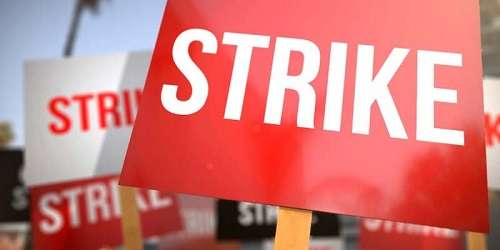
This situation highlights the broader challenges faced by labor unions in negotiating pension contributions and managing pension funds.
The strike involves doctors, teachers, nurses, and midwives, among others. These groups are crucial for the provision of healthcare and education services, which are fundamental to the well-being of Ghanaians. A strike could lead to a significant reduction in the availability of these services, affecting the health and education of Ghanaians. This could have long-term implications for the country’s development and the quality of life of its citizens.
The strike threatened by the unions could lead to economic disruption, particularly in sectors that are heavily dependent on the workforce of these unions. This could include sectors such as healthcare, education, and civil services, which are critical for the functioning of the economy. The disruption could lead to increased costs for businesses and potentially impact the overall economy.
Additionally, the strike could have a significant impact on public services, as these sectors are heavily reliant on the workforce of the unions involved in the strike. This could lead to a reduction in the quality and quantity of public services, affecting the overall well-being of Ghanaians.
If the strike leads to significant disruptions, the government may need to increase spending on public services to compensate for the loss of services provided by the striking workers. This could lead to increased government expenditure, potentially affecting the country’s fiscal position.
The strike could also impact investor confidence in Ghana, particularly in sectors that are heavily affected by the strike. This could lead to a decrease in foreign investment, which is crucial for economic growth and development.
The strike threatened by nine labor unions in Ghana could have significant impacts on the broader economy of the country, affecting sectors such as healthcare, education, and civil services. These impacts could include economic disruption, increased government spending, and a potential decrease in investor confidence.
READ ALSO: NDC’s General Secretary Slams Bawumia over Ghana’s Economic Downturn




